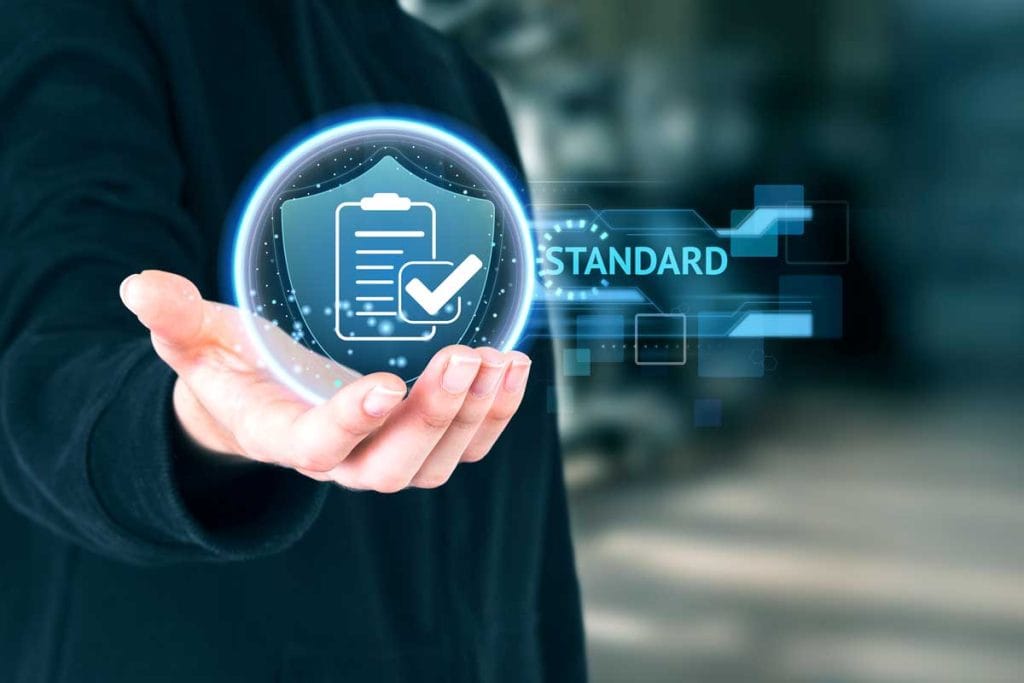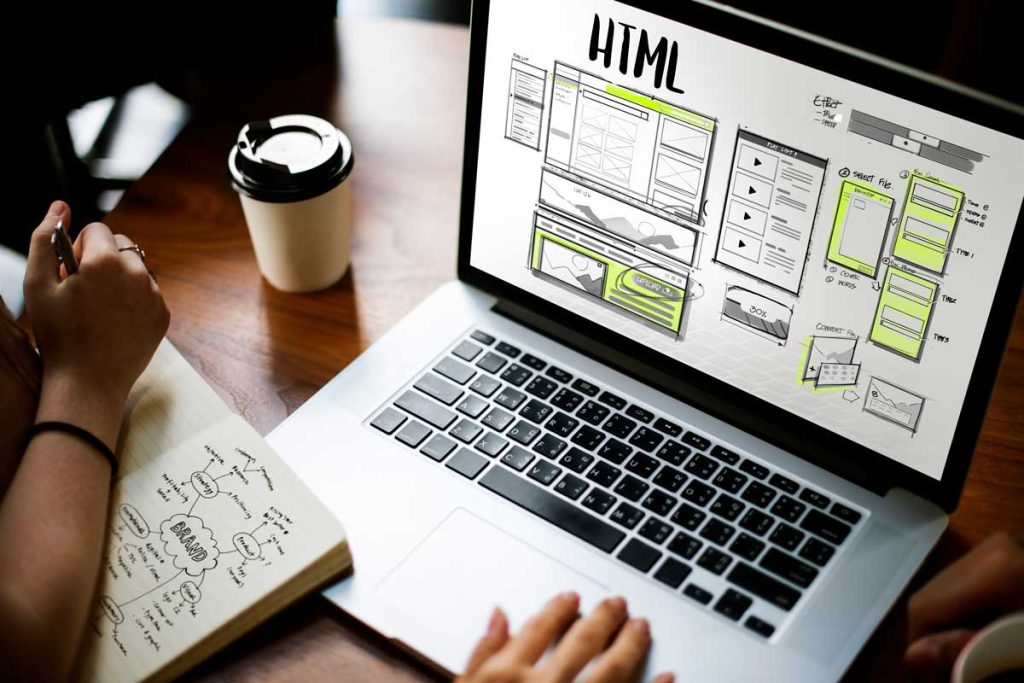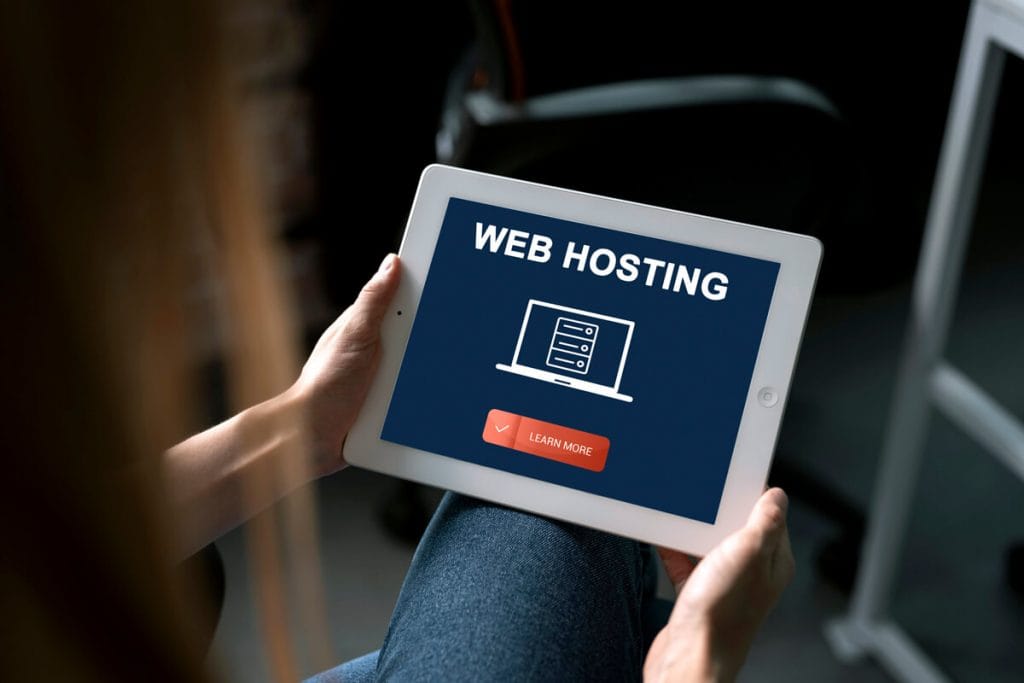5 tips to increase WordPress security

1. Secure WordPress Login
- Rename your login URL: The default login for WordPress is wp-admin or wp-login.php, and it is also a main target of hackers. Plugins like iTheme Security allow you to change this URL, so it is no longer a target.
- Limit login attempts: Limit login attempts with a reCaptcha plugin to prevent hackers from attempting to crack a password.
- Change passwords often: This is a good practice for any set of credentials. Also, ensure that users are using strong passwords and aren’t reusing them.
- Don’t use ‘Admin’ as a username: This is another good practice for any site.
- Use two-factor authentication: Two-factor authentication will prevent hackers from getting into a WordPress site even if they managed to get a valid set of passwords.
2. Use Only Trusted Plugins and Themes
One of the main reasons businesses choose WordPress is that it is highly customizable. Using third-party plugins and themes, you can transform a standard WordPress installation into just about any type of website.
But not all plugins and themes are created the same. Thousands of developers around the world with different levels of skills and knowledge build these extensions to WordPress. You need to be sure that the ones you install on your site are trustworthy before you install them.
Be sure to vet every extension and plugin you use by checking out the reviews on the official WordPress plugin site. Also, consider using the WP Security Audit Log plugin to check for any security issues in your plugins or themes.
3. Keep WordPress, Plugins, and Themes Up to Date
When you update WordPress, you get not only new features but also bug fixes and security patches. If you don’t keep your installation up to date, these security holes don’t get repaired. WordPress even makes it easy by letting you know there is an update available. All you have to do is click the update link.
The same is true for plugins and themes. You can also install these updates through the admin and avoid vulnerabilities, bugs, and potential security breaches.
4. Use Firewalls, Virus Scanners, and Anti-Malware
There are security tools available for WordPress, like Wordfence or iTheme security, that can provide a firewall for your WordPress installation to prevent hackers from gaining access. Also, scan your plugin and theme files for malware.
Computers that connect to the WordPress site should also be protected with anti-virus, anti-malware, and a firewall because a compromised computer can compromise your WordPress installation.
5. Install SSL
There is no excuse anymore. Using SSL encryption on your site is a must. It not only secures the data between the website and the client, but it can also help your site rank higher in Google since SSL encryption counts in their ranking algorithm. You can even get a free SSL certificate through Let’s Encrypt.






